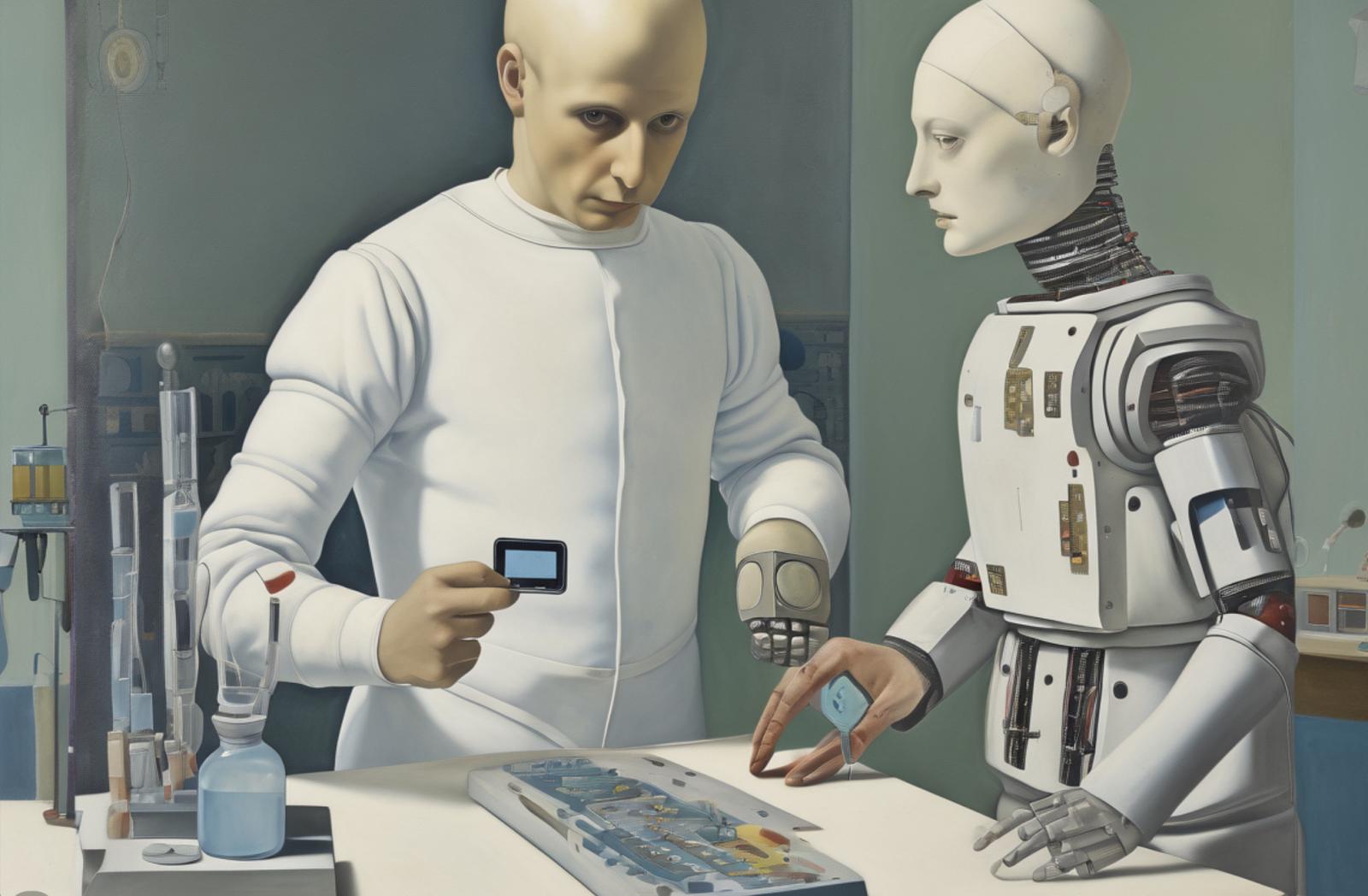Tell me what you eat and I will tell you what you are. On November 12th-15th 2013, Bologna (Italy) hosted the Annual Meeting of the European Federation of Food Science & Technology (EFFoST). The conference was especially focused on two topics: the bio-based scientific approaches for food-human well-being interaction and the bio-based technologies for industry competitiveness. EFFoST federates several organizations in Europe and it is also a member of the International Union of Food Science & Technology (IUFoST). Several esteemed speakers, many from Italian universities, discussed on the bio-based technologies in the context of European food innovation systems.
Presently, as reported by Marco Dalla Rosa (Conference Chair), there is a big interest in correlated topics such as food consumption, public health, well-being, healthy ageing, sustainability and resource efficiency. From this point of view, the new Draft in the area of food security, sustainable agriculture and forestry, marine and maritime and inland water research and the bioeconomy (Horizon 2020 Work Programme 2014-2015) includes all the developments in food research areas and bio-based technologies. Overall, the 2014-2020 EU Framework Programme for Research and Innovation will be structured around three main cores: Excellent Science to boost top-level research (~€24.4bn), Industrial Leadership to support key technologies as well as SMEs (~€17bn) and Societal Challenges (~€29.7bn), which includes important fields such as bioeconomy, climate, energy, health and transport.
One of the main goals of the last challenge is to contribute to securing sufficient supplies of safe, healthy and high quality food or bio-based products. In general, the consumers are hard to please because they don't want only good quality and tasty foods, but they require also very high nutritional and bio-functional properties in their nourishments. The fulfillment of this request concerns researchers, industry, policy makers, suppliers and food chain managers. The transition to a sustainable European bioeconomy, bridging the gap between new ideas and their accomplishment, will be indispensable soon. This process will include research on characterization, quality evaluation and functionality of foodstuffs and their ingredients.
Is it really possible to build a more sustainable food system in Europe? According to the recent draft, some research groups are already involved in many topics: for instance, new advanced and innovative technologies to improve the food safety and its shelf-life, biotechnologies to increase nutrition and functional properties, new approaches to bio-packaging and food processing sustainability. Furthermore, several projects were conducted by EFFoST in the later years: Connect4Action (improving communication between food technology developers or scientists and consumers), Exairdec (developing an innovative contaminated air purification solution for food preparing industry's applications), NovelQ (processing methods for the production and distribution of high-quality and safe foods), RECAPT (closer co-operation to strengthen global competitiveness of European food sector) and Track_Fast (identifying training and career requirements of future European food scientists and technologists).



